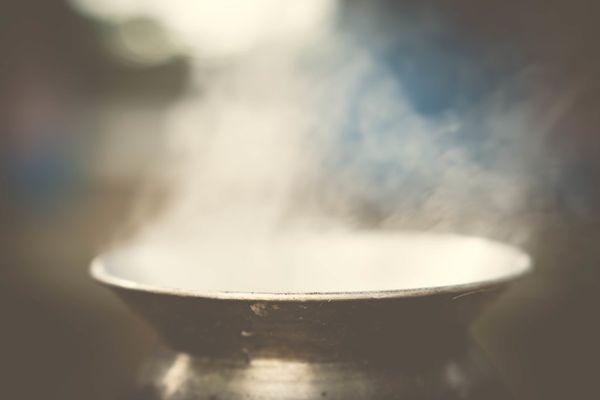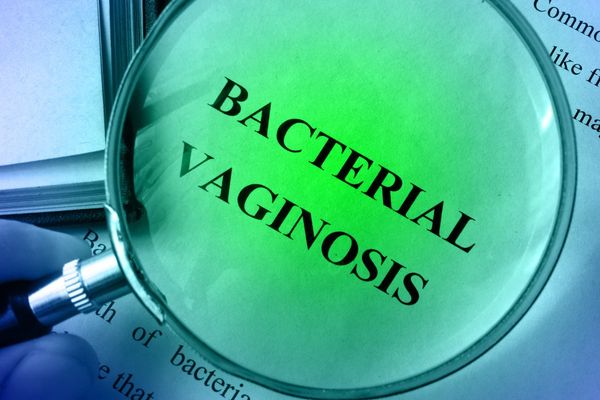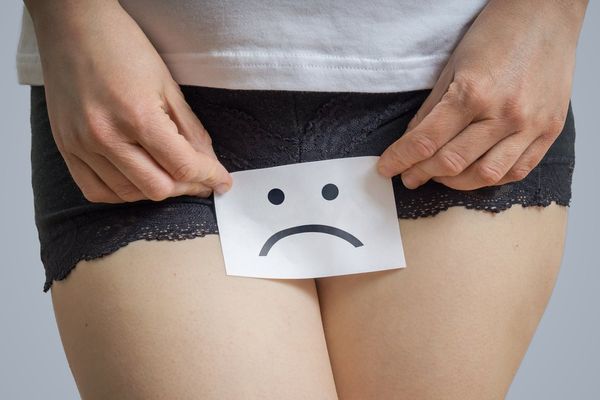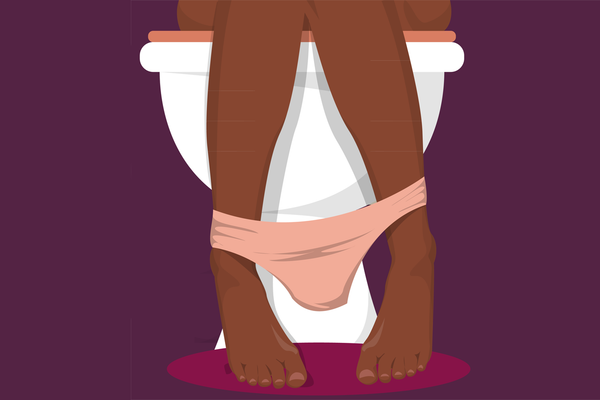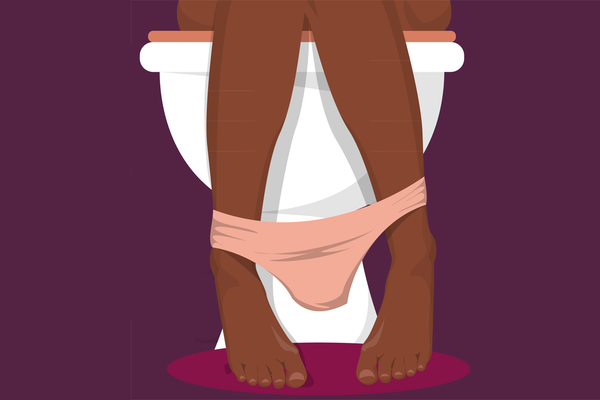For a small part of your body, the vagina plays an important role in your health. It may not be something that you regularly talk about (or maybe you do!), but it's important to know what's going on down there. Here are a few things that may be happening with your vagina.
You can get an infection
Some infections can cause inflammation of tissues in the vagina. That may lead to bleeding. You may not be in pain when you have a vaginal infection, so you may not even realize you have one. Infections include vaginitis, sexually transmitted diseases like chlamydia or gonorrhea, or pelvic inflammatory disease.
You can get tears
Sex, especially if it's vigorous or aggressive, can cause small cuts or scrapes to the vagina. It's also more likely to happen if you have vaginal dryness due to breastfeeding or menopause. You may not always be in pain if you have vaginal tearing, but the tears can cause bleeding.
You should get check out if you bleed after sex
Bleeding after sex is a common symptom of vaginal cancer. (It can also be a symptom of cervical or uterine cancer.) Without a thorough evaluation by your gynecologist, you can't tell where the blood is coming from or what's causing it.
You can experience dryness
Vaginal dryness can be caused by factors like perimenopause and menopause, childbirth, chemotherapy and radiation, douching, ovary removal, breastfeeding, childbirth or certain mediations like cold medicines and asthma medications.
You can have your period and a yeast infection or bacterial vaginosis (BV) at the same time
Many women get vaginal yeast infections just before their period because of hormone changes. The pH balance of the vagina normally prevents yeast infections. But when the vagina's acidity changes, yeast can grow. So, it's not uncommon to get yeast infections before or after your period because your vagina's pH balance is changing. Periods also can sometimes trigger BV, an imbalance of the vagina's usual bacteria and yeast. A healthy vagina needs to be slightly acidic to control the growth of the organisms that can cause BV.
You don't need products and perfumes to keep your vagina clean
People think the vagina is the dirtiest place on the planet. However, more bacteria are in your mouth than the vagina. The vagina has particular smells, which vary from person to person. They're influenced by your clothing's material, your diet or your hydration levels. Some women can use products to mask the smell and do fine with them. Others experience itchiness, rashes, dryness and irritation from product ingredients. Stick with warm water and mild soap on the vulva.
You may not have a yeast infection if you have vaginal discharge
A yeast infection typically has a thick white discharge, itching and no real foul odor. But, vaginal discharge is linked to various causes like bacterial vaginosis, gonorrhea or trichomoniasis. It could also be hormonally related.
You may be more susceptible to yeast infections
The pH of your vagina changes before your period and when you start bleeding. That makes some women prone to an overgrowth of yeast or bacteria during this time. This can lead to yeast or bacterial infections. If you suffer from recurrent infections around your period, your doctor can prescribe hormonal birth control to help level out your hormones. Other culprits may be poor eating habits, leaving in tampons too long and using heavily fragranced feminine washes or soaps.
You may have a burning vagina due to vulvodynia
Vulvodynia affects about 16 percent of women. With vulvodynia, you have discomfort or burning pain in the vulvar area. Vulvodynia affects women of all ages. However, symptoms are most common in women ages 18 to 25 and postmenopausal women. Main symptoms of vulvodynia include soreness, burning, stinging, rawness, throbbing, itching, aching or stabbing. Treatments include medications and lubrications.



